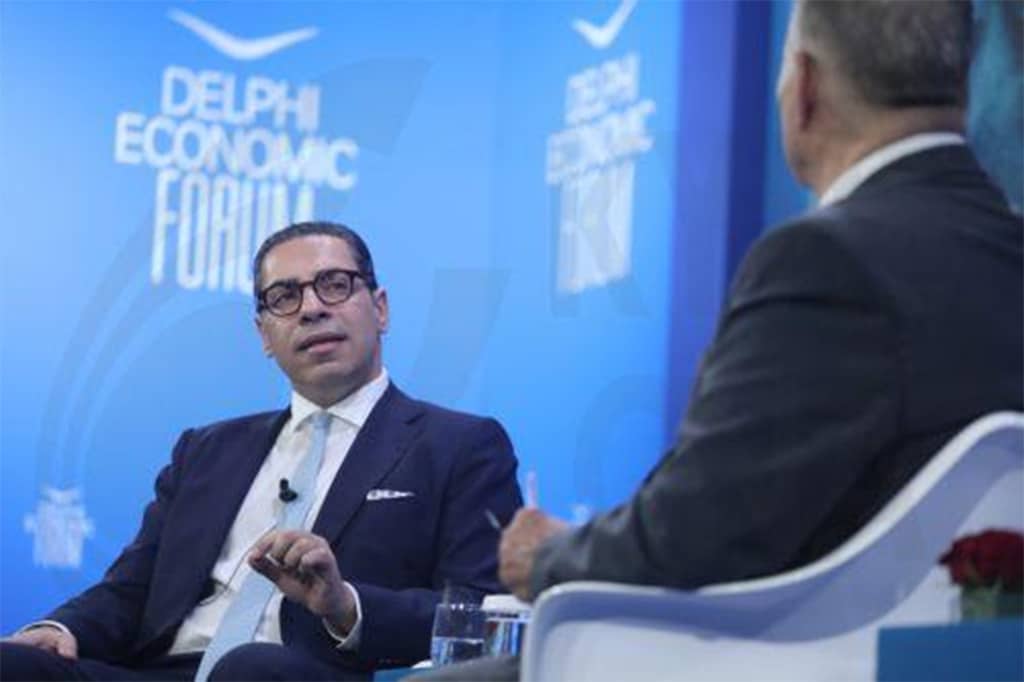“The invasion and occupation is not a historical event, but our daily experience,” Foreign Minister Constantinos Kombos said on Saturday.
Speaking at an event organised by the village of Lysi’s municipality in exile in the Larnaca district village of Dromolaxia, he added, “five decades and yet here we are, we do not forget, and we are fighting.”
He added, “we remain unmoved in our faith an aim every day to shield the existence of the Republic of Cyprus.”
“Using diplomacy, our only weapon against the Turkish intransigence which systematically moves towards the creation of faits accomplis on our island, we are promoting international legitimacy and highlighting our national problem in very way and with every opportunity,” he said.
He added that “we may not have reached the goal yet, but we must never underestimate that international legitimacy is our main support,” and that President Nikos Christodoulides and the rest of the government are doing “everything in our power to create the appropriate conditions” to solve the Cyprus problem.
With this in mind, he said the government is “ready for the immediate resumption of negotiations … exclusively on the basis of the agreed framework of the United Nations Security Council.
“We are not going to accept anything outside this framework. We are working on a solution which will allow people to return to their places of birth.”
On this point, he spoke about the village of Lysi itself, which, as he pointed out, is the birthplace of Eoka fighter Grigoris Afxentiou, who was killed on March 3, 1957, when British forces were informed of his location and poured petrol into his hideout before lighting it.
“Lysi gave birth to Grigoris Afxentiou, a timeless model of heroism and self-sacrifice. He was a pioneer of the struggle for freedom, a universal example, a reference point for humanity, for every people that is tested. He managed to teach us the meaning of freedom and how we must serve it unwaveringly,” he said.
He also spoke of folk poet Pavlos Liasides, who was also a native of Lysi, describing him as “a diamond of letters who, through daily graft, and inspired by it, forged his original talent and generously shared it with us.”
“However, we must know that there is something of which no one can deprive us. The memories, the tradition, our spirit, our roots. Our intangible cultural heritage. We carry these inside us everywhere. We hold onto them,” he said.







Click here to change your cookie preferences